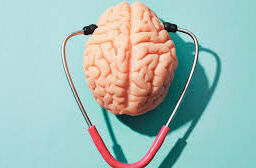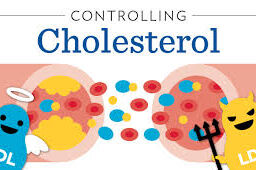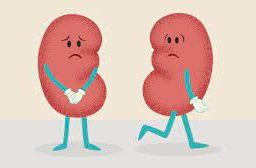
Sugar Impact on Brain Health: Understanding the Link
In the modern whirlwind of daily life, succumbing to the allure of sugary delights is commonplace. Unbeknownst to many, the frequent indulgence in high-sugar foods can intricately alter our brains, fostering a preference for the unhealthy. Delve into the exploration of how sugar affects our cognitive realm, potentially paving the way for cravings and health complications. Join us on a journey to break free from the sugar-induced cycle, steering towards a path of improved well-being and mindful consumption.

In today’s fast-paced world, it is easy to fall into the trap of consuming high fat and sugar foods that are readily available and convenient. However, research has shown that these types of foods can have a profound impact on our brains, leading to a preference for unhealthy foods and potentially contributing to obesity and other health problems.
When we consume high-fat, high-sugar foods, our brains release dopamine, a neurotransmitter that is associated with pleasure and reward. Over time, our brains can become desensitized to dopamine, leading us to crave even more of these types of foods in order to achieve the same level of pleasure and satisfaction. This can create a vicious cycle of overconsumption that can be difficult to break.
Furthermore, research has shown that consuming high fat and sugar foods can actually change the structure and function of our brains. In particular, these types of foods can affect the prefrontal cortex, which is responsible for decision-making and impulse control. This can make it more difficult for us to resist unhealthy foods and make healthy choices.
However, it is important to note that our brains are not set in stone. While it may be difficult to break the cycle of overconsumption, it is possible to retrain our brains to prefer healthier foods. One way to do this is by gradually reducing our intake of high fat and sugar foods and replacing them with healthier options. Over time, our brains will begin to associate healthy foods with pleasure and reward, making it easier to make healthy choices.
In conclusion, while it may be tempting to indulge in high fat and sugar foods on a regular basis, it is important to be aware of the impact that these types of foods can have on our brains. By understanding how these foods affect us and taking steps to retrain our brains, we can make healthier choices and improve our overall health and well-being.
Disclaimer: The information provided in this content is for general informational purposes only. It is not intended as medical or healthcare advice, diagnosis, or treatment. Always seek the advice of a qualified healthcare professional with any questions you may have regarding a medical condition or healthcare decisions.
















